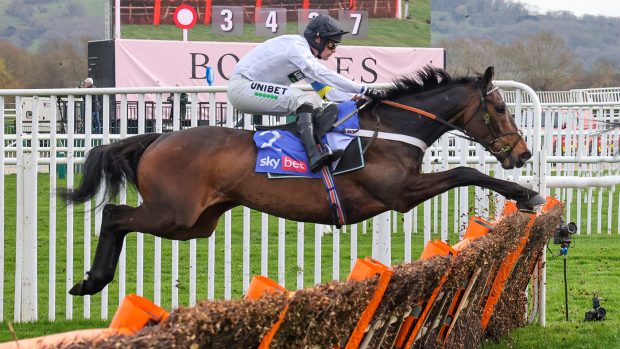Pay, accommodation and recognition were three of the key issues raised in a report published yesterday by the Commission for Stable and Stud Staff.
The commission, under the chairmanship of Lord Donoughue, was set up in July 2003 by the British Horseracing Board with the brief to investigate the recruitment, training, employment and career development of stable and stud staff and to make recommendations for the future.
Although as many as 88% of the staff participating in the survey said that on balance, their yard was a good place to work, the details of working life produce a picture of widespread dissatisfaction and bad practice, and following these findings the commission has set out its findings and recommendations to the industry.
It focuses on working conditions and remuneration, as well as attitudes towards staff in the racing community. The commissions findings established the following as key issues facing staff in the racing industry:
While racing staff work long hours, and are often expected to make themselves available for evening and Sunday racing, wages are not competitive when compared to other industries. However, the study is realistic about the package often offered.
The total package usually has a much higher value in that it includes pool money and often the provision of free or subsidised accommodation, it states.
Training in the industry is considered a serious issue. Although 45% of those employed in racing have no formal qualifications, less than a third of yards offer any additional training, and, according to the report entry level training is consuming over 90% of the total training funds available to racing.
Little money is left for other important forms of training, it states.
But it was the work environment, second in employees minds only to rates of pay when applying for work, which produced some of the most outspoken reactions from stable staff.
How would you like to be called a c**t all day? asked one.
Having also spent eight years working outside racing, the way people are talked to and treated is not tolerated in any other industry that I have experienced, said another.
The commission was straightforward in its recommendations, suggesting:
The response from industry bodies has, on the whole, been prompt and positive. The BHB was quick to take on board the conclusions of the Commission.
Chairman Peter Savill explained: The Board has today approved the Commissions important recommendation that a small Working Group of industry and independent representatives be established immediately to consider and, as appropriate, implement its recommendations.
The National Trainers Federation was somewhat less constructive in its approach to the report. The federation promotes the interests of trainers (the employers) in racings political corridors of power.
Although it states that [the NTF] has approached its response to the report in a positive and constructive mood, it focuses almost entirely on the minutiae of the report rather than the overall picture.
The report provoked a more upbeat comment from the Minister for Sport, Richard Caborn, who emphasised that the recommendations should be quickly put into practice.
Stable and stud staff are the lifeblood of the industry, and this report shows how much their dedication is valued, he said.




